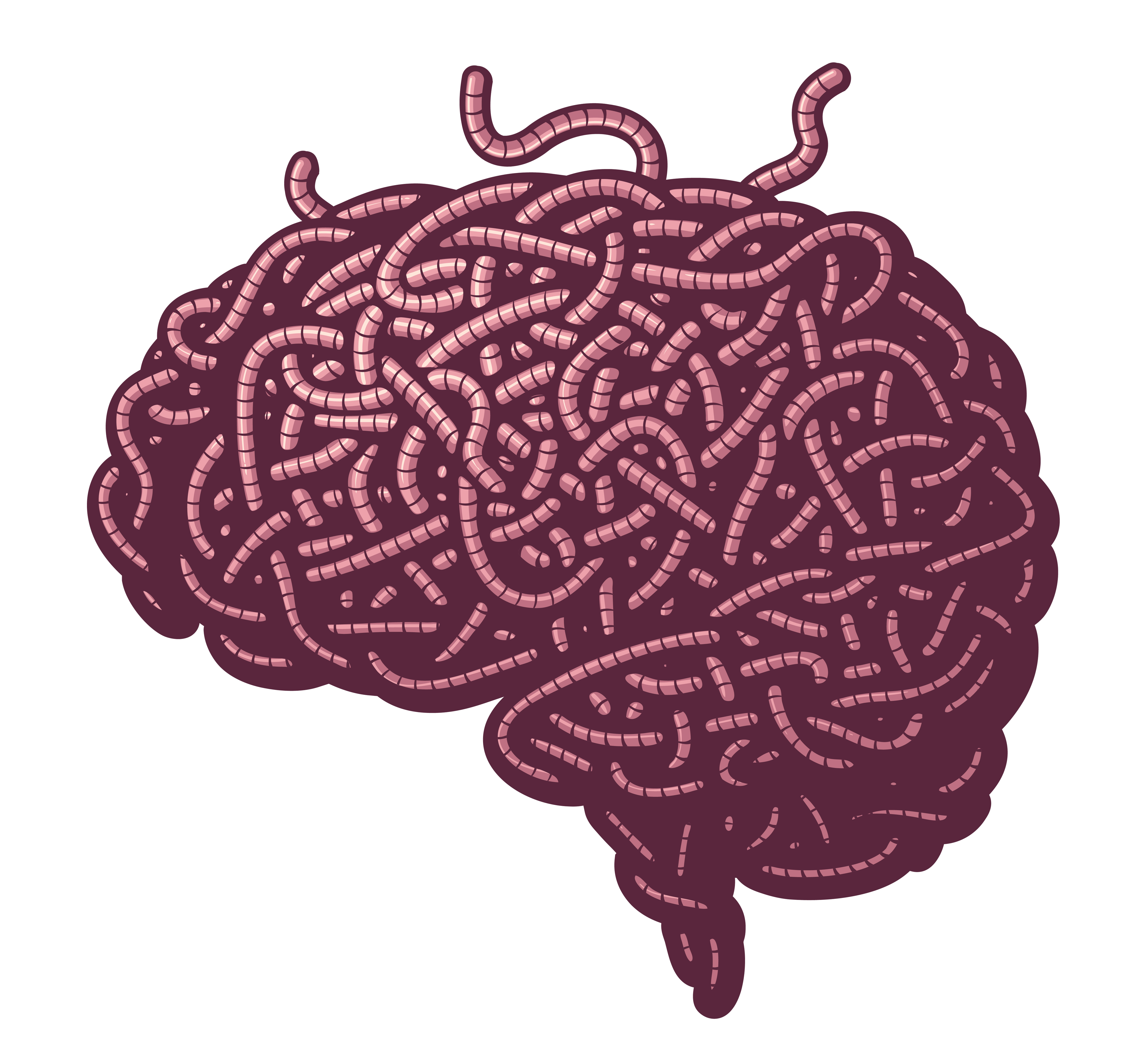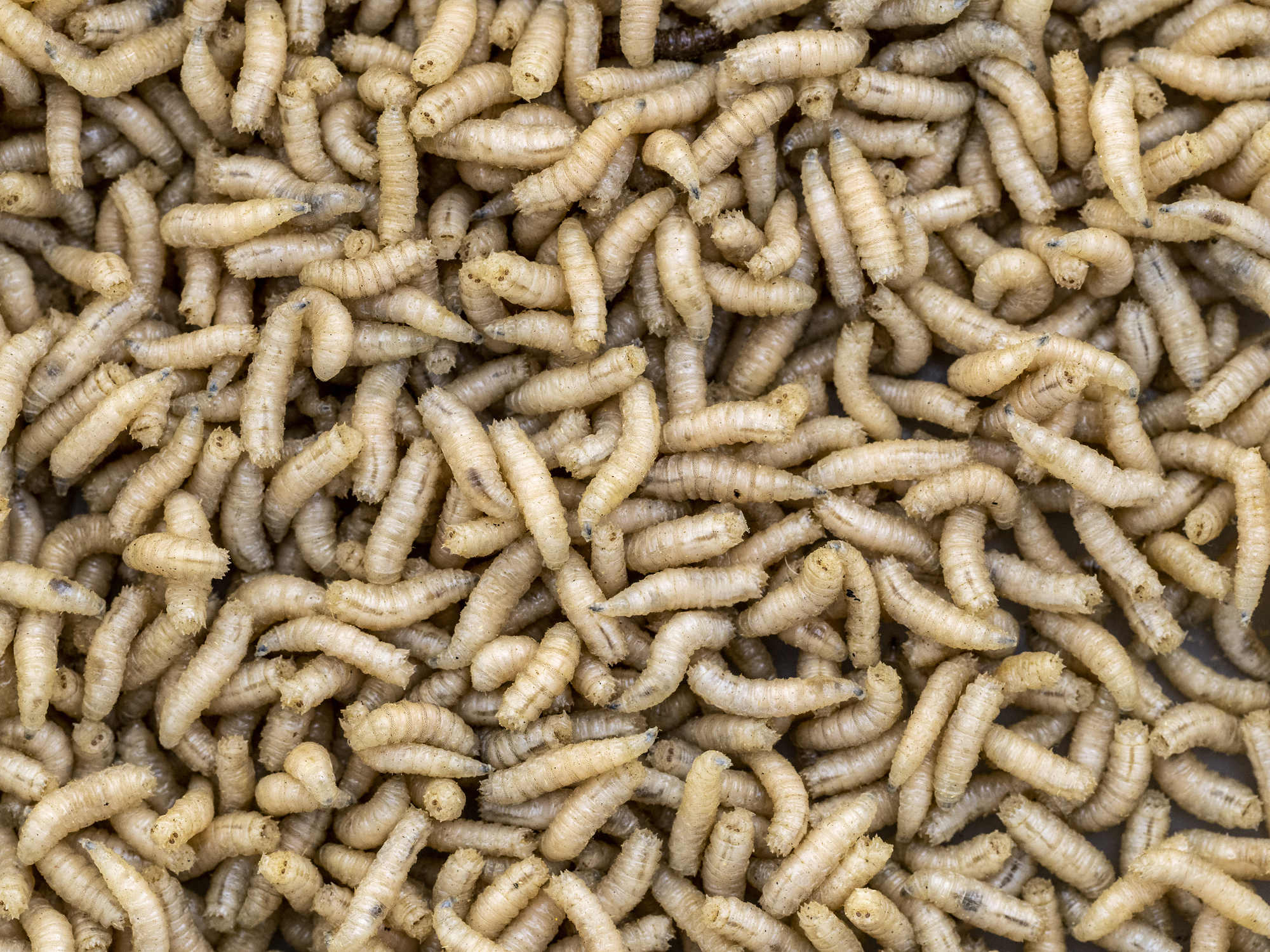While we're not here to investigate RFK's specific claim about a brain worm dying inside of him, we are here to discuss brain worms in general which are, unfortunately, a real thing that exists.

BuzzFeed spoke to neurosurgeon Betsy Grunch, MD, FAANS, FACS, FCNS who has been practicing for 11 years. To break it down simply, Grunch said that brain worms are a term used to represent a parasitic infection in the brain. "The most common being from the pork tapeworm, Taenia Solium (or neurocysticercosis)," Grunch explained.
So, how would a person be exposed — and potentially get — brain worms to begin with? Grunch said that brain worms most commonly come from a cycle of pig-to-human transmission. This happens when a person consumes raw or undercooked pork that is infected with pork tapeworm (or Taenia Solium). After the intestinal parasite is in that person's body, it can lay eggs. That person will then pass the eggs in their stool. While an intestinal tapeworm alone cannot travel to the brain, its larvae can. Secretions in the stomach cause the eggs to hatch, and the larvae may then enter the bloodstream, where they can be distributed all over the body, including the brain.

Grunch said digestive issues would be the first symptoms to look out for — and they show up pretty quickly after ingestion of a parasite. "You would experience GI symptoms like diarrhea, abdominal pain, and weight loss specifically. That being said, brain infection symptoms may take months to years to develop, as symptoms don’t typically arise until the larvae die. When those do show up in the brain, symptoms include nausea, seizures, and headache."

If you suspect you may have a parasitic infection, always consult your doctor right away. "Specific antibodies or antigens in the bloodstream can be checked to see if you have an infection. Sometimes we can obtain CSF (cerebrospinal fluid) via spinal tap to check for brain worms."

The best way to prevent brain worms, according to Grunch, is to not eat undercooked or raw pork, and use good hand hygiene. Now go forth and please wash your hands!


